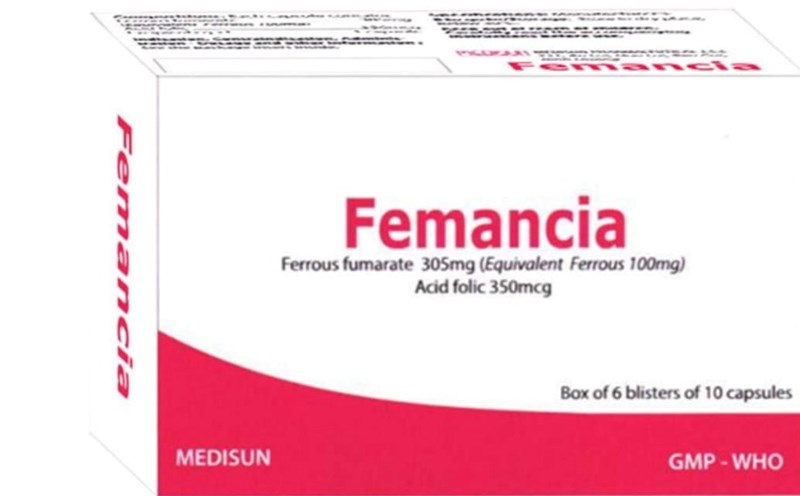Controversial trend on social networks
On TikTok, some people have announced that they have completely stopped sunscreen. They say that slow sunathing helps boost immunity. On Instagram and YouTube, there are many videos instructing how to make homemade sunscreen from coconut oil, butter or natural ingredients. According to The Washington Post, the movement stems from concerns about chemicals such as oxybenzone, titanium dioxide and doubts about the SPF index after a number of failed fraud cases.
Dermatologists warn that this is a dangerous trend because UV rays are the main cause of premature aging and skin cancer. Dr. Henry W. Lim, former president of the American Academy of Dermatology, confirmed: Oxybenzone has been used since the 1970s. If there is serious damage, we have known for a long time".
International research confirms the effectiveness of sunscreen
A Nambour experiment in Australia (1992 - 1996) on more than 1,600 people showed that the group using sunscreen daily reduced the risk of melanoma by half compared to the group using it on habit. In Norway, a study of 143,000 women aged 4075 recorded that people with SPF ≥ 15 had a 33,3% lower risk of melanoma than those with low or no SPF.
Dr. Veena Vanchinathan (University of Minnesota, USA) notes: Some small amounts of sunscreen are not toxic. The most worrying thing is to completely remove or replace it with coconut oil and cow's fat".
The American Academy of Dermatology recommends using a broad-spectrum sunscreen with SPF of 30 or more per day, even in cloudy weather.
Standards difference between the US and regions
In the US, the Food and Drug Administration (FDA) has not updated sunscreen standards since 1999, causing many new ingredients to be widely used in Europe and Asia to not be allowed for circulation. This has prompted some to buy imported or homemade products, even though they have not been approved by the FDA.
Meanwhile, Europe applies a post-inspection mechanism, allowing new components to quickly hit the market. Experts say the FDA's delay has unintentionally created space for misinformation to spread, causing consumers confusion.
Doctors emphasize that the benefits of using sunscreen every day far exceed ingredient concerns. Quitting your product completely increases your risk of sunburn, skin damage, and cancer.











